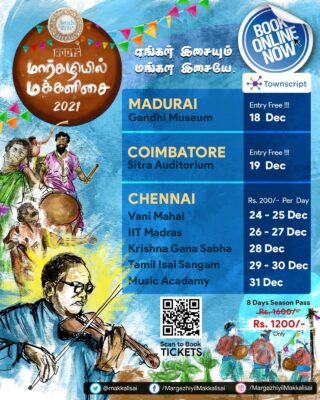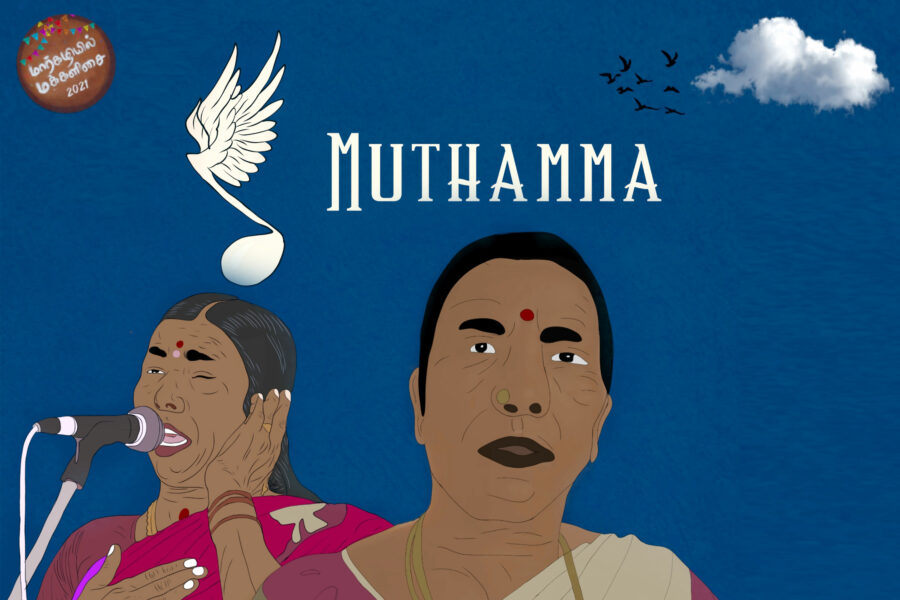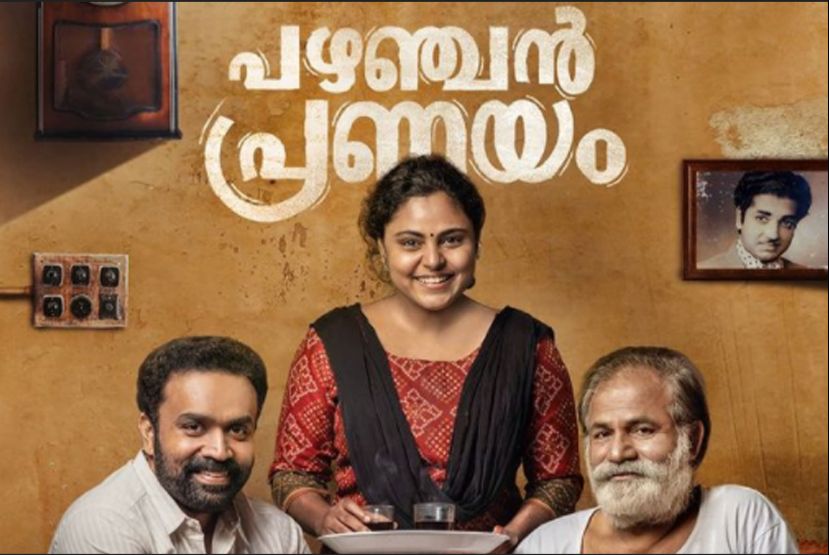Oppari singer Muthammal, who is in her fifties, has been singing at funerals, performing haunting laments for the last five years. Each performance pushes her to continue carrying forward the legacy of her craft.
Oppari is a combination of eulogy and lament. Typically they are folk songs with impromptu wordplays, that are sung during funerals to express grief and pay respects to the deceased. The art form is popular in Tamil Nadu and Tamil-speaking parts of Sri Lanka.
For many decades, Oppari was limited to funerals. Recently, with the collective efforts of passionate artists and patrons, the art form and its performers are getting due recognition at platforms like the ongoing Margazhiyil Makkal Isai music festival organised by filmmaker PA Ranjith‘s Neelam foundation. Muthammal, who hails from Gengavaram in Thiruvannamalai, is among those performing at the second edition of the event in Chennai. At her performance on Sunday (December 26), she plans to sing Oppari for her deceased father, mother, and siblings.
When Silverscreen India reached out to Muthammal for a telephonic interview late Thursday afternoon, she was in the middle of a performance at a funeral. She took a little break to speak to us about her association with the art form and the team behind Margazhiyil Makkal Isai.
“I found my interest in Oppari a few years ago and decided to perform at funerals to earn a livelihood,” she says.
Before entering the world of folk art, Muthammal worked as a daily wage labourer in Chennai. After she began performing Oppari at her village in Thiruvannamalai, she was identified by folk-art trainer JK, who knew filmmaker PA Ranjith and his Neelam foundation.
“JK saw my performance and introduced me to Ranjith; he liked my performance as well. Since then, they have been constantly supporting us. It was because of them that I got an opportunity to perform Oppari on a stage,” says Muthammal.
She has performed at a few stage shows organised by Neelam, including the Vaanam Art Festival as well as the first edition of Margazhiyil Makkal Isai.

According to Muthammal, empathy is at the core of Oppari. “I don’t write or have pre-set lyrics. The words and phrases come naturally from the heart and I set them to my impromptu tune. I empathise with the bereaved ones and feel their pain. My performances start with a prayer song, followed by the Oppari. As I sing, I add the names of deceased and the grieving members to the lyrics to make it personal.”
Whenever there is a death in her locality, she gets a call from the concerned family. She performs for around two days and one night, and gets paid somewhere between Rs 1000 to Rs 1500.
While Oppari was a traditional part of almost every funeral in her region earlier, Muthammal feels the culture is gradually disappearing. Not all families hire artists for Oppari performances nowadays and artists like her do not have regular gigs or earnings, she notes.
Recommended
“The opportunity to perform on stage is an anchor of hope for me. I feel it has given meaning to my life. When I perform on stage, I can feel the emotions of hundreds of people. Most of them break down and grieve in memory of their loved ones. And after the performance, they usually come up to me and appreciate my talent. It is wonderful knowing that even after my death, my songs will be etched in the hearts of the audience,” she says.
With platforms like Margazhiyil Makkal Isai to showcase the art form, Muthammal is hopeful about the revival of Oppari. “A bunch of young boys in my village have started singing Oppari after seeing videos of my stage performances. I am now hopeful that we will have some youngsters to carry forward this tradition.”
(This profile is part of an ongoing series of articles on various indigenous artists across Tamil Nadu who will be performing at Margazhiyil Makkal Isai starting December 18. Silverscreen India is a media partner for the event.)



